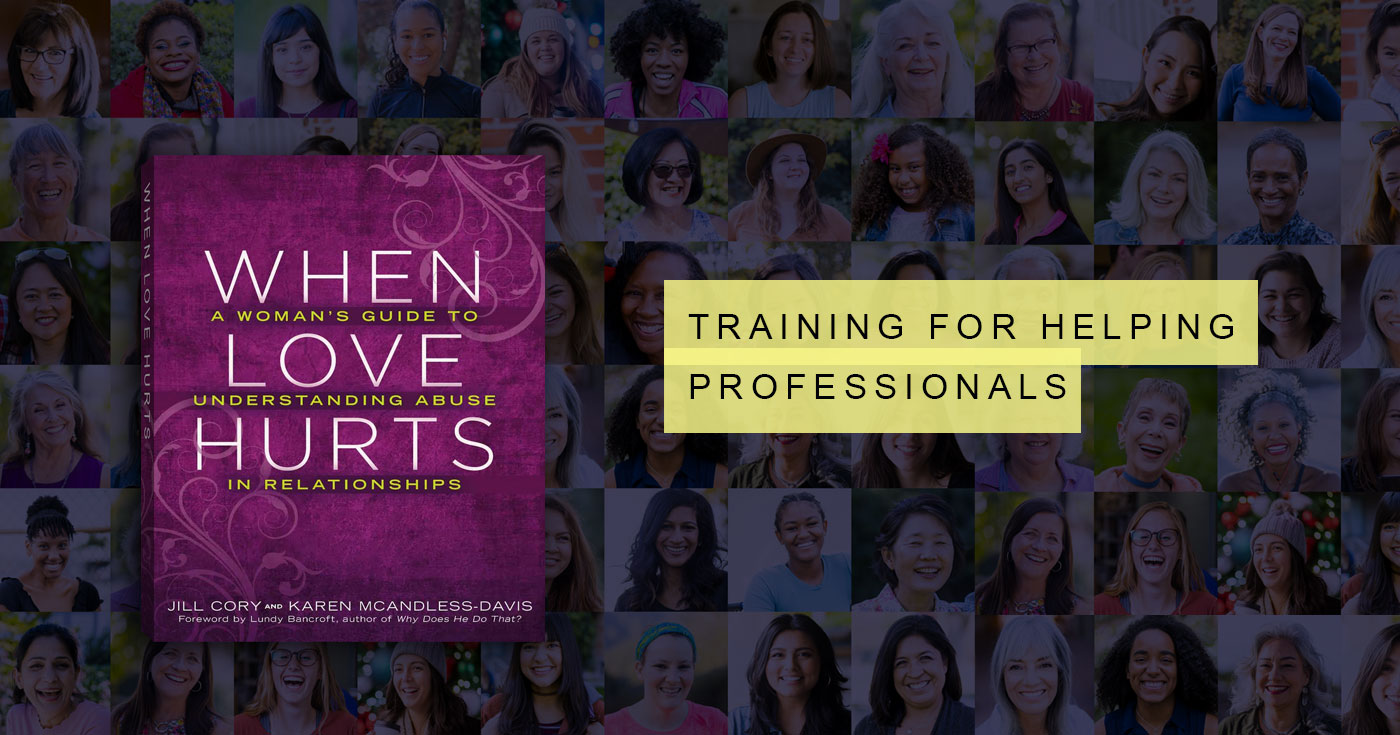First do no harm
Research and frontline experiences have documented women’s narratives about how the dynamics of abuse are echoed in services and systems. The service landscape once viewed women with experiences of abuse as resilient survivors, and the systems in need of change. Now, individual women are more often framed as problematic and in need of treatment to address pathologies or problems, a disturbing shift from viewing women as having normal responses to the impacts caused by their partner’s abuse and oppression.
In our research and support work with women, they consistently share that services further entrap them by holding them responsible for their circumstances, and that rather than receiving support and compassion, they feel judged and alienated from services. This treatment results in “help” that often negatively impacts women and increases vulnerability (Richmond, et al., 2013; Tseris, 2013), thus compounding or echoing the harms perpetrated by their abusive partner. We have identified this phenomenon as ‘the harms of help’.
As helping professionals, we all have good intentions when it comes to supporting women who have experienced abuse. But if we don’t have specific training in this area, we can unintentionally end up harming a woman. Let us share one example of what we mean by this. One counsellor advised a woman that she needed to have “better boundaries” when it came to her partner. She needed to say “no” to him and be firm about what was okay and not okay with her. The woman went home and tried to implement this advice. The man became outraged by what he perceived as the woman’s “obstinate” behaviour and choked her almost to the point of death. For this woman, and any woman living with abuse, it was not safe to say no to her partner. Perhaps the phrase doctors use as a guide would be helpful here for us as helping professionals – “first do no harm”.
Getting proper and full training in this area is a good first step. Also, remembering that the woman is the expert on her life, her kids and her safety is vital. Stay away from giving advice that might very well be dangerous and instead focus on listening, learning and being supportive to the woman.
Another aspect to consider is that we can unintentionally recreate the dynamics of abuse with a woman. How is this possible? Well, let’s think about the dynamics of abuse.
Men who are abusive are motivated by a desire to have power and control over their partner. They have a need to feel superior. Men who are abusive can feel superior by putting down their partners’ ideas, feelings or needs and by forcing their views on their partner. So, what happens to a woman when she goes to a counsellor, advocate or other professional who tries to tell the woman what the problem is.
This “helping” professional may tell the woman how she needs to “fix” herself or “fix” the problem in her relationship. Do you see how the “helper” is using the same approach as her partner – taking control of the situation and assuming he or she knows better than the woman? Women know their experiences best and service providers must listen carefully to women’s stories if they are to be helpful. We want to be guided by the knowledge that each woman is the expert on her life, her partner, her children and her safety.



Stockholm Syndrome in the context of abuse?
Stockholm Syndrome was coined 40 years ago at the end of a six-day bank siege…
What should we be able to expect in our relationships?
Sometimes women impacted by abuse wonder if their expectations are too high. In our experience…
His goal in couples counselling was to gain more control over me
We had been married 15 years. Things had been very hard for a long time.…
Interview with Danielle Smith, 770 Radio Calgary
In 2016 Danielle Smith, with Newstalk 770 on the AM dial, interviewed us about our…
Jill and Karen, on What She Said
The When Love Hurts team was recently on What She Said and we had a…
Interview with Ward and Al
Our interview with Allison Dore and Arthur Simeon on Ward and Al…
Struggling to find the “right” words so your partner will stop hurting you?
Have you ever thought, “if I could just say the ‘right’ thing to my partner,…
4 signs your counsellor might have training in abuse
If asked, most counsellors will say that they have training in abuse but it is…